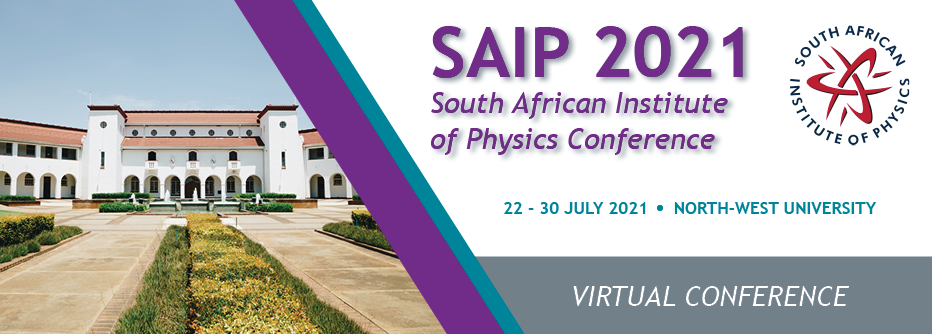Speaker
Description
The central nervous system (CNS) of mammals is limited in its repair and regeneration in the event of injury due to trauma or neurodegeneration, therefore, optimization of its regeneration capabilities is necessary. Studies have shown that this issue may be addressed through the transdifferentiation of adipose-derived mesenchymal stem cells (ADMSCs) into neuronal cells. This process has not been efficiently achieved with chemical and biological inducers; this study explored possible optimization through the addition of photobiomodulation (PBM). PBM uses low intensity light to stimulate intracellular processes and has been known to increase cell proliferation and aid in stem cell differentiation. This in vitro research aimed to differentiate ADMSCs with growth factors and chemical inducers and subsequently measure the optimization effects that PBM had on differentiation. PBM was applied as single use at a low energy density, at visible and near-infrared (NIR) wavelengths. Characterization of immortalized ADMSCs (iADMSCs) with ELISA, immunofluorescence microscopy, and flow cytometry was used in identifying specific transcription factors and neuronal markers. After this, biochemical analysis was performed to observe reactive oxygen species (ROS) production, cytotoxicity, migration abilities for homing, morphology, proliferation, and the mitochondrial membrane potential (MMP). Probable results will be effective ADMSC transdifferentiation to neuronal cells through induction with growth factors and PBM support. Moreover, an optimized protocol for in vitro differentiation of ADMSCs will be established for subsequent use in clinical application and regenerative therapy in the event of damage to the CNS.
Apply to be considered for a student ; award (Yes / No)?
Yes
Level for award;(Hons, MSc, PhD, N/A)?
MSc

